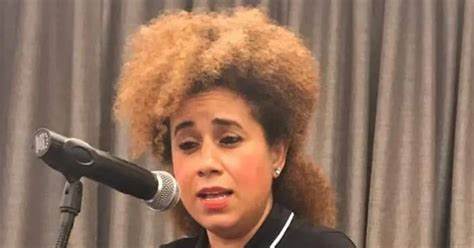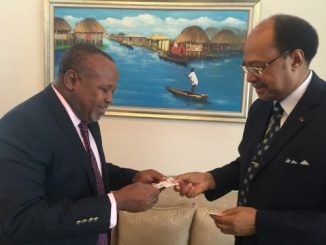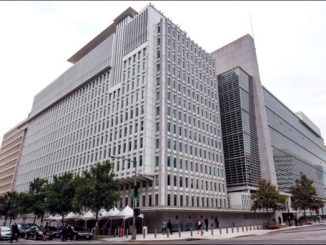
A Future Without USAID: A Crisis or an Opportunity?
I am not a fan of Donald Trump, nor do I endorse his actions. However, it is troubling that so many people view the future without USAID as purely negative when, in fact, this could be a turning point for real, lasting change.
There is no doubt that the gutting of USAID will undoubtedly cause suffering in many disadvantaged nations around the world. However, while this reality is undeniable, we must resist the urge to look at this development solely through a lens of despair.
Foreign aid—whether from the U.S. or elsewhere—has long been a double-edged sword. While it has provided life-saving resources, it has also been a vehicle for deepening corruption and entrenching bad governance. The history of aid dependency has shown us that many recipient governments have used these funds not for the benefit of their people, but to enrich themselves and their close allies. Corrupt civil society organizations, rather than uplifting their communities, have often funneled resources into their own pockets.
Worse still, some of these organizations have acted as enablers of government oppression, using donor funds to justify policies that disenfranchise the very people they claim to serve.
Through foreign aid, many civil society groups have held bogus consultations to legitimize laws and policies that perpetuate inequality, marginalization, and repression. In effect, aid has sometimes provided a veneer of legitimacy to governments that fail to deliver for their people, allowing them to operate without real accountability. For every dollar that has gone toward improving lives, another has been lost to waste, inefficiency, and manipulation.
This is why the potential silver lining in the suspension of U.S. aid should not be dismissed outright. The hardships that will arise from this decision can be mitigated by the opportunities it presents.
First, without the cushion of foreign aid, nations will have no choice but to take full ownership of their democracies. Governments will have to make policies that reflect their true national interests rather than catering to the agendas of foreign donors. Leaders who have relied on aid to cover up their inefficiencies and corruption will find it harder to maintain power. The absence of easy money will expose weak and ineffective governments, making it more difficult for them to survive their terms without delivering tangible benefits to their people.
Second, this shake-up will serve as a test of integrity for civil society. Organizations that are truly dedicated to their mission of justice, human rights, and community development will persist, while those that exist merely for financial gain will fade away. This, in turn, will create a more transparent and genuine advocacy space, where only the most committed actors continue to operate.
If nations rise to the occasion, this moment could mark the beginning of a new era—an era of true leadership that is not propped up by aid or America’s “goodwill,” but one that is built on national resilience, sovereignty, and self-reliance.
Rather than fearing the future without US Aid, let us embrace it as an opportunity to redefine governance, development, and democracy on our own terms.




Leave a Reply